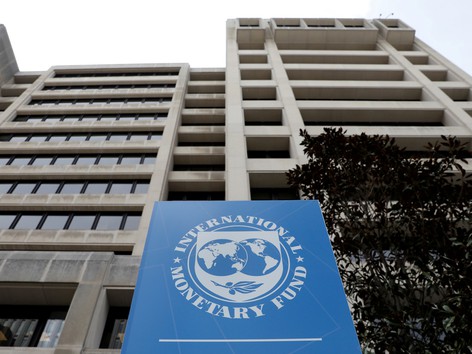IMF’s new research on the political costs of taxes vs. regulation.
from [Canada’s] Financial Post as William Watson: IMF research results: People really don’t like taxes
That’s bad news for least-cost climate policies
William Watson | Mar 01, 2022
What are the results? Austerity mainly hurts you politically if you do it with tax increases. On average across countries a tax hike of one per cent of GDP reduces the vote share of the party leading the government by about seven per cent. And the effect on righter-wing governments is greater, which makes sense: right-wing governments raising taxes may well be breaking an election pledge (“No new taxes!) and that makes people especially resentful.
As for spending cuts, on average their effect is no effect. That’s the result of offsetting effects, however: a political cost for lefter-wing governments that cut spending and political gain for right-wing governments that do it.
If you were finance minister in a left-wing Canadian federal government and had to present a budget in, oh, the next two months, what guidance might you take from this study (whose lead author was the late Alberto Alesina of Harvard, an institution whose research Liberals always pay attention to)? You would certainly avoid tax increases. They look like a sure political killer, even if you would be doing them early in your new term, which the study shows is when tough things usually get done.
On the other hand, you might question whether cutting a pandemic deficit that is way bigger than a deficit has ever been really qualifies as “austerity.” It’s more getting back to normal. And the cuts are in emergency programs that were essentially pre-cut by being explicitly temporary. Yes, as Milton Friedman said, “nothing is so permanent as a temporary government program,” but do even Liberals really want to maintain programs with “emergency” in their name after the emergency has passed?
How about climate policies? The climate paper looks at the effect of changes in a country’s “index of climate policy stringency” on its government’s political popularity. Its main finding is that it all depends which kind of policies governments introduce. If they go with market-based policies, such as carbon taxes or cap-and-trade systems, then big increases in stringency can cause big declines in popularity. In fact, in one version of their correlations, moving 50 points up the stringency index, from the 25th to the 75th centile, reduces the vote share of the governing coalition by the same seven per cent that a tax hike of one per cent of GDP did in the austerity study.
On the other hand, policies that aren’t market-based, such as regulations, quotas and quantity limits, have little if any effect on governments’ popularity. One interpretation is that highly visible carbon taxes give people a focus for their anger but these other things they don’t see as well and so don’t get as upset about them. It’s a big blow against transparency in government that policies whose effects are hidden are easier on politicians.
What these two IMF papers mainly seem to show is that (surprise, surprise!) people don’t like taxes. That’s bad news for least-cost climate policies: Most economic analysis shows that putting a price on carbon and letting the miracle-making capitalist price system grind out the millions of reallocations that this requires is a far less costly way to do it than with regulation and controls.
But voters seem to hate the price signals economists adore.
The Wall Street Journal’s Holman Jenkins Jr., who always has sensible, conservative things to say, recently wrote that he figures the U.S. may finally get around to a carbon tax only because “politicians want revenues to finance pro-growth tax cuts.” Canada’s Liberals say they like growth and want to tax carbon. Cutting other taxes in exchange would make a lot of sense. And if Canada’s Liberals don’t buy that policy combination, Canada’s Conservatives could.

